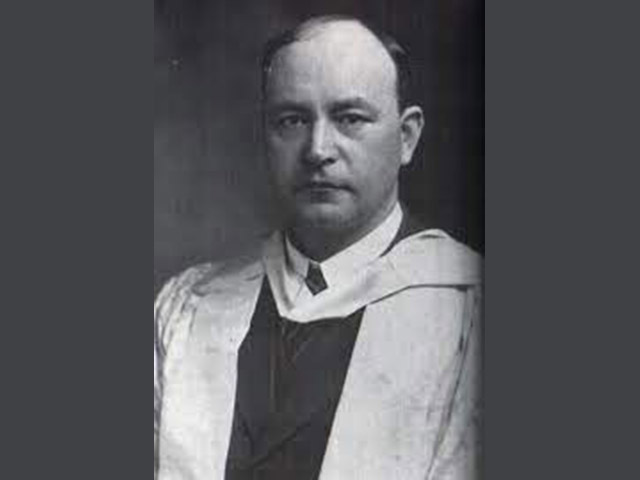
Richard Terry was born in 1864 in Ellington, Northumberland. At the age of 11 he started playing the organ at the local church. Educated at various schools in South Shields, St Albans and London. In 1881 Terry was living in Jarrow and working as a Pupil Teacher. Terry then spent seventeen months as a non-collegiate person at Oxford (October 1887 to May 1889) and two years at Cambridge (1888–90), where he went as a non-collegiate student but became a choral scholar at King’s College, Cambridge. There he also became a music critic for The Cambridge Review. At Cambridge, he was much influenced by the Professor of Music, Charles Villiers Stanford and the King’s Chapel organist Arthur Henry Mann who taught him the techniques of choral singing and the training of boys’ voices.
In 1921, in an obvious departure from his church music, he edited the Curwen edition of ‘The Shanty Book (Part 1)’. The foreword was written by Sir Walter Runciman, acknowledging that the time of the shanty was over, along with sail-powered merchant ships. Terry’s ‘Introduction’ gives an excellent insight into the shanty as the sailor’s work song, deferring to the well-known shanty collection by Capt. W.B Whall ‘Sea Songs, Ships and Shanties’ (1910 & 1912), above other accounts written between 1887 and 1920. The collection of 30 shanties also includes explanations for their use at sea, and his extensive comments give us a deal of valuable information about a particular aspect of social and maritime history.
Read the complete story on Wikipedia.
